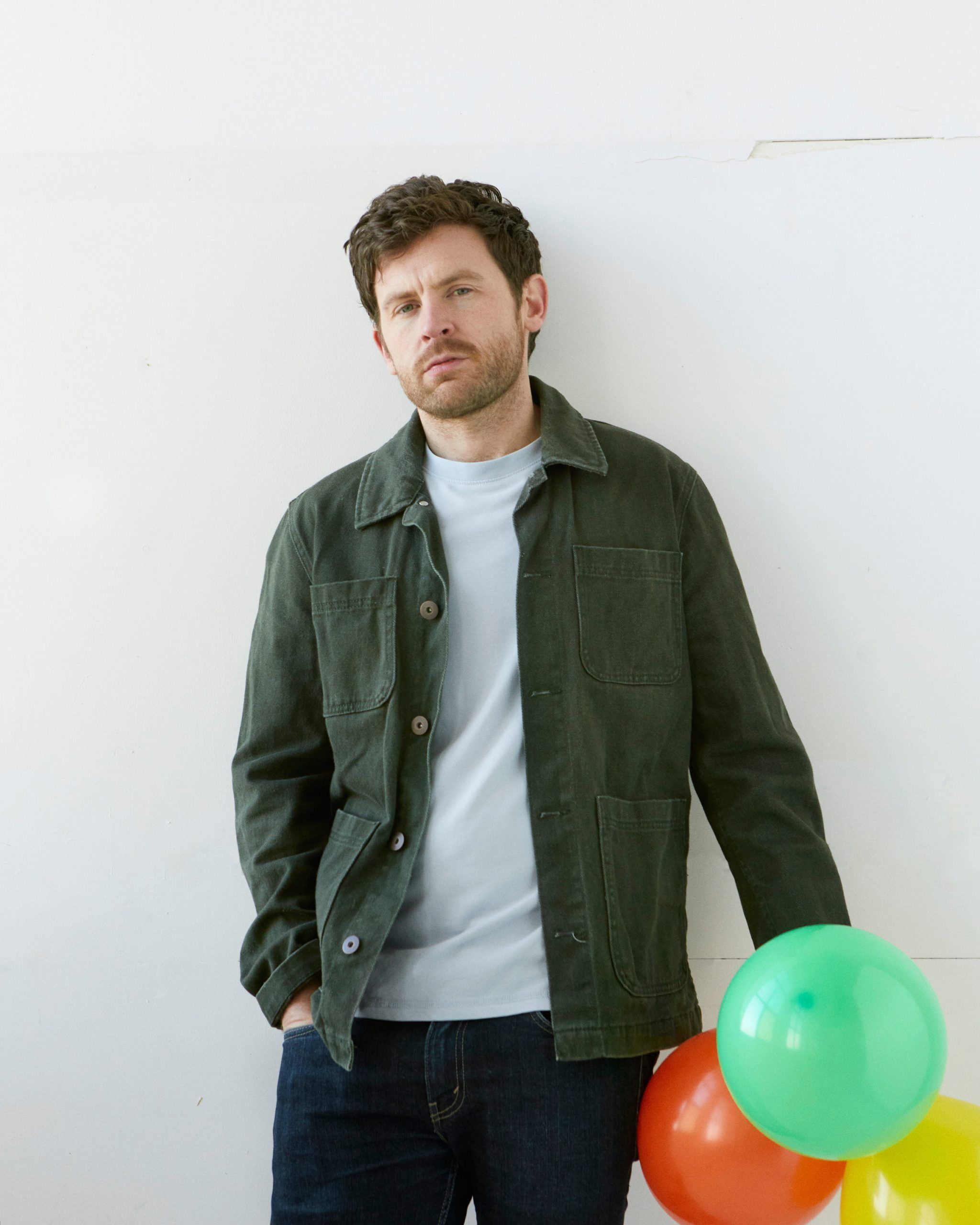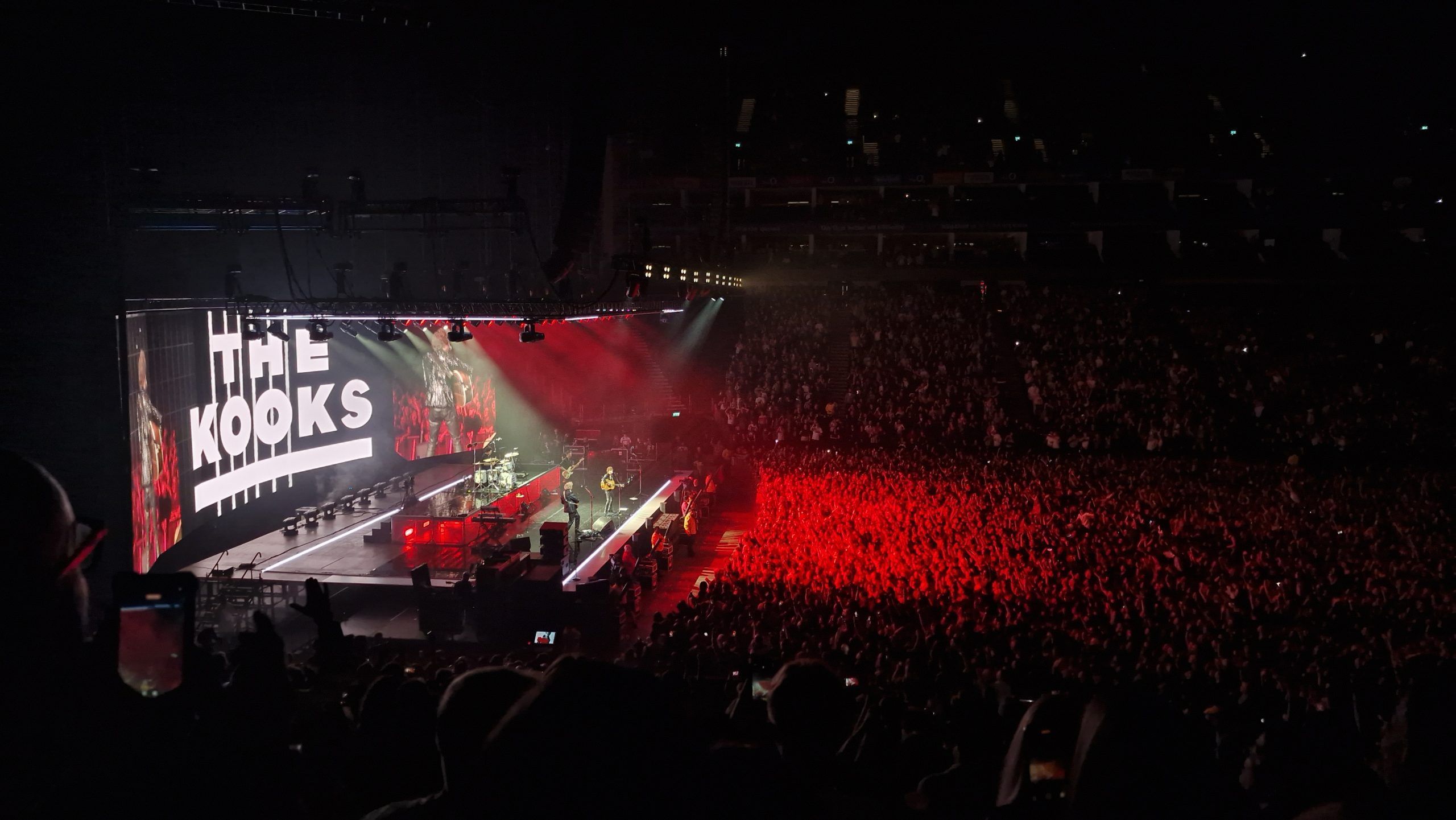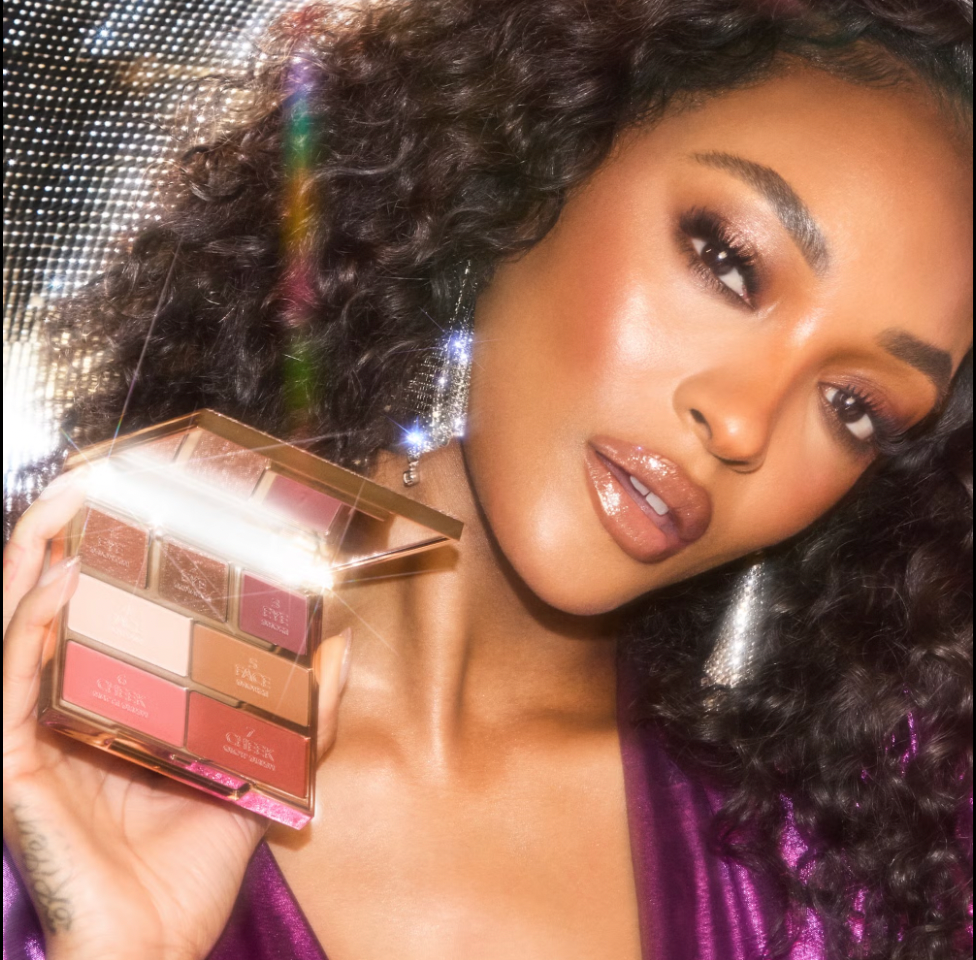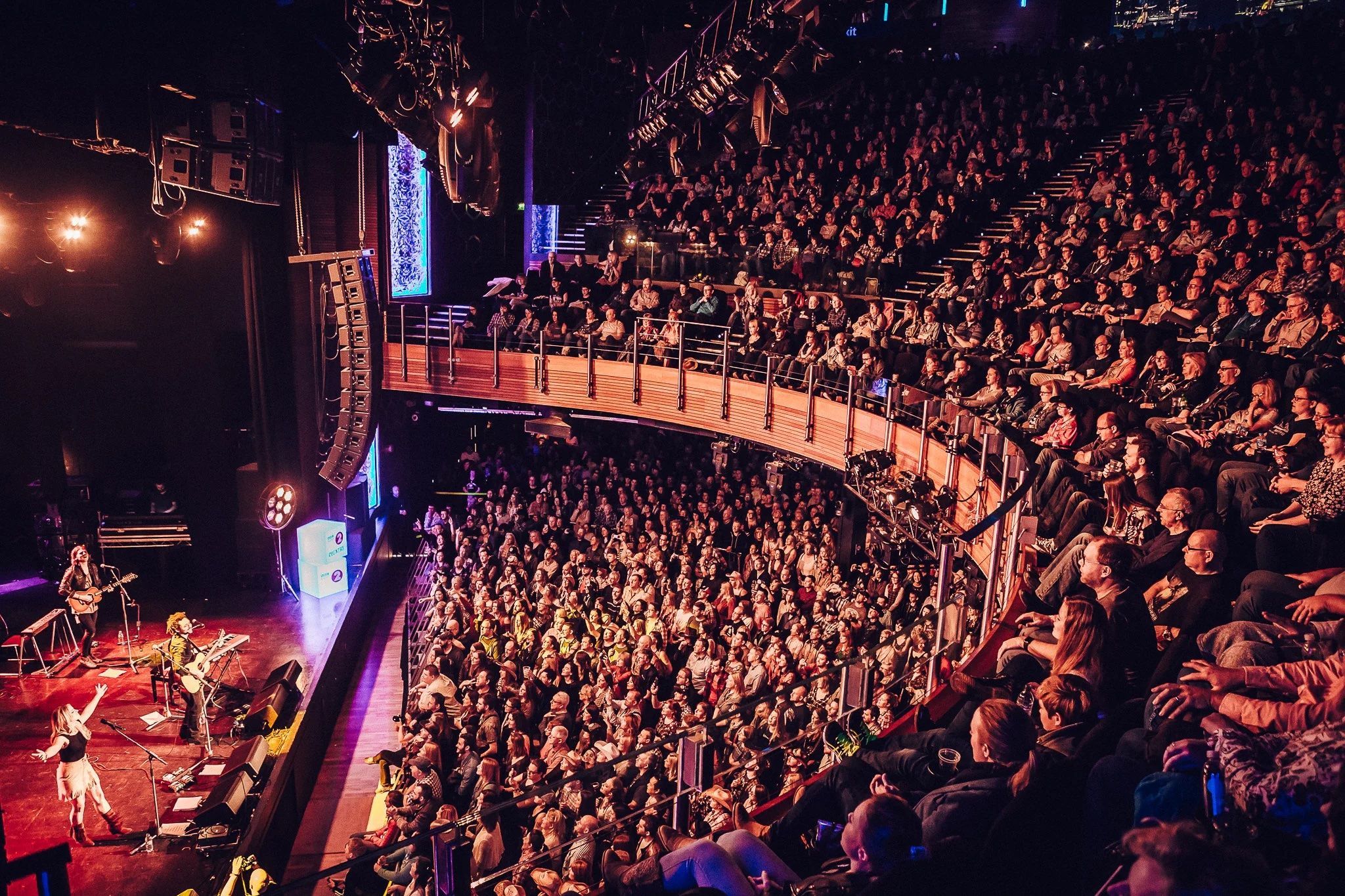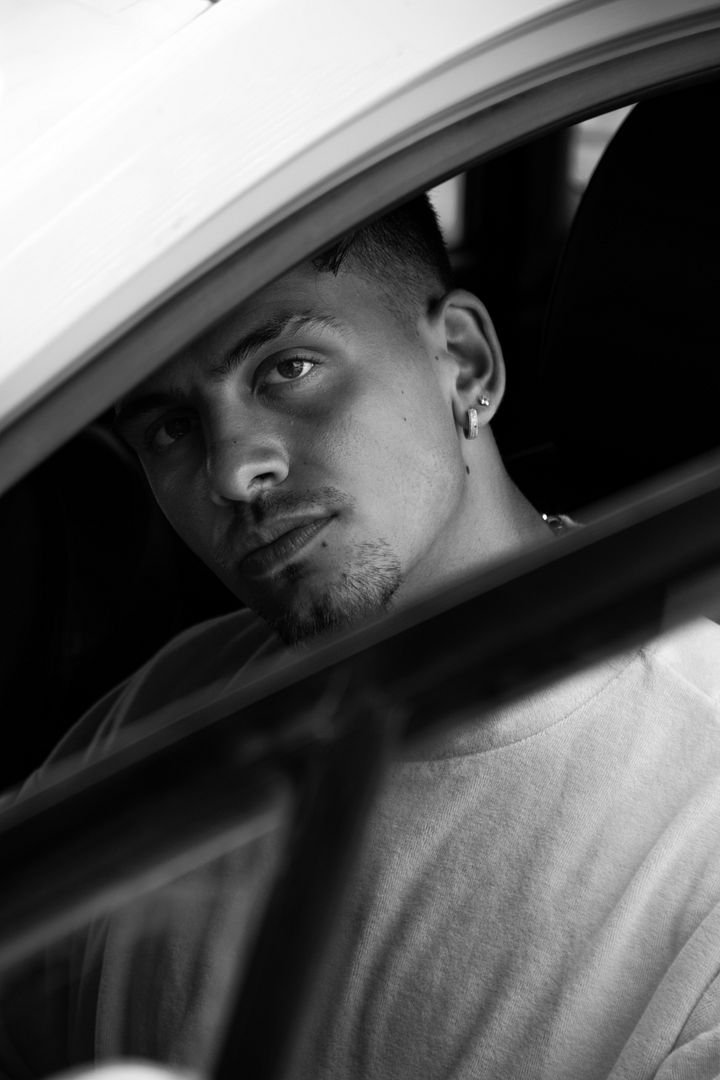
The vibe was stripped down, intentional, and quietly powerful at ROI’s back-to-back shows at Shoni Amphitheater. Which makes sense, because Roei Edri, known as ROI, has built his career on depth over noise.
It’s not an exaggeration to say that ROI is the most important R&B and ceremonial artist in Israel right now. His path—from soloist in the Israeli IDF band to national ceremonies, international festivals, and major collaborations—has been steady, consistent, and entirely self-defined. He’s worked on Eurovision productions, performed on stages across Canada and Israel, and been featured in outlets like 13TV, Vents Magazine, Israel Hayom, and HipHopSince1987. But it’s his live shows that really reveal the range and weight of his artistry.
Shoni, with its open-air setting and natural acoustics, gave space for that to come through. Backed by Gaash Ninari (keys, arrangements), Omer Bitton (guitar, samples), Shahak Ashtamker (drums), and Oz Nagid (bass), ROI moved through a set that felt textured but never overworked. Songs like “Sleep at Night,” “For Ya,” and tracks from his “Different” EP landed with subtle intensity. There was also a run of unreleased material from his upcoming album—smoother, more harmonically layered, but still rooted in the emotionally open songwriting he’s known for.
The mix of live instruments and digital production was handled with care. Everything was minimal—lighting, stage design, even the transitions between songs—but it made the performance feel more personal. You got the sense that ROI was more interested in creating a moment than performing one.
What sets him apart from other artists in his space is how naturally he merges influences. His music folds R&B, trap, and Israeli melodic traditions into something that doesn’t really sound like anyone else. Maybe that’s why he’s become one of the most in-demand and consistently recognized voices in the country’s music scene. His collaborations with names like Idan Haviv, Hanan Ben Ari, Amir Dadon, and Itay Levi aren’t just features—they’re nods to the respect he commands from across genres.
ROI’s earlier projects—like the youth concerts in Beer Sheva, his duo with Kfir Malka, and social projects like “Singing Against Violence”—show how much he values the connection between music, identity, and responsibility. That still comes through today, even in the most low-key moments of his sets.
If the Shoni shows proved anything, it’s that ROI isn’t trying to compete for attention. He doesn’t need to. His presence is quiet but commanding, and his impact speaks for itself. In a space full of fast rises and short lifespans, he’s left a mark that actually lasts.

